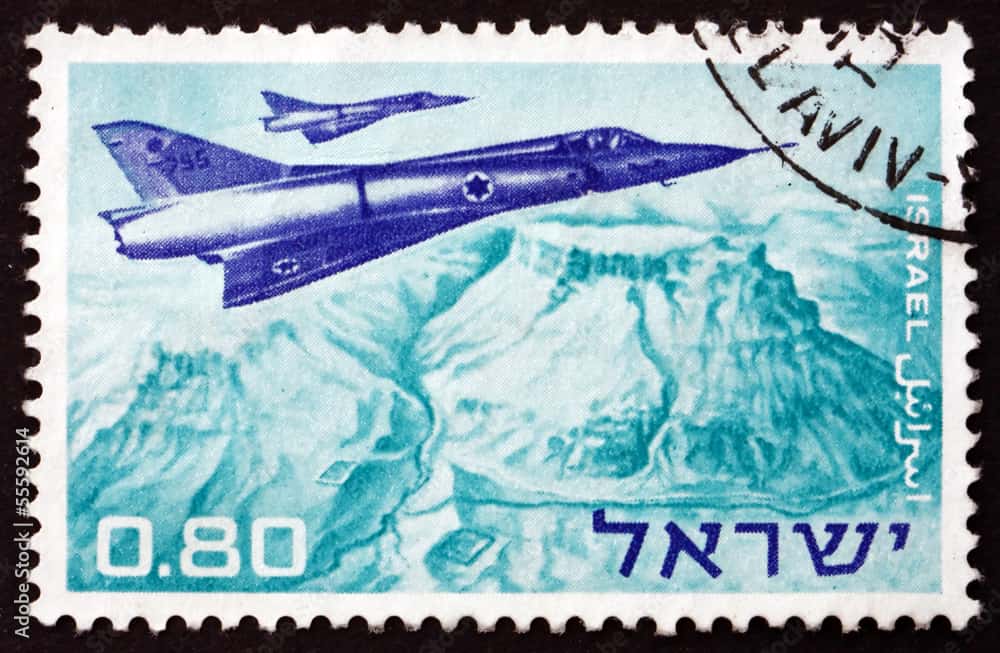As the well-known mishnah says in Pirkei Avos (4:1), איזהו עשיר השמח בחלקו – Who is rich? He who is happy with his lot. There is no limit to what we don’t have. But what do we gain by going there? Misery? Jealousy? Hopelessness?
We won’t ever be able to find contentment if we are always noticing the things that others have, that we really want – whether material possessions, looks, talents, brains – or even life circumstances. Yes, it is so easy to be jealous of others’ circumstances. She has the perfect family. She never had to experience the challenges that I did. Her children all got married right away, and I still have an older daughter waiting for her bashert. She is such a balabuste; the house is always spotless. Her husband is always available to help her with her the children. The mishnah, however, is telling us to be happy with what we have. Because whatever we have is exactly what we need.
One way to achieve that happiness is to feel gratitude, to be thankful for all that we do have. When we practice being grateful, we train ourselves to focus on all the berachah in your lives. Despite the pain we’ve experienced, and despite the challenges, we may begin to recognize that Hashem does abundantly bless us. The jealousy might not disappear, but it can decrease a lot. Why feel jealous about something that someone else has when we can see how much Hashem has given us?

My friend Esti took this concept one step farther. She recognized that whatever Hashem has given her is for her benefit. So she started thanking Hashem for whatever came her way – whether she was really happy about it or she wasn’t.
Imagine the hampers in the house are overflowing with laundry – but the washing machine is on the blink. Many people would have a panic attack. But when this happened to Esti, she said, “Thank you Hashem” and called the plumber.

It wasn’t an old machine, so how hard could it be to fix it? Guess again! Esti was taken aback when the plumber told her, “No point in fixing this. You’ll have to buy a new machine.” A big unexpected expense – to the tune of $800! Still Esti said, “Thank you, Hashem. Maybe this money just wasn’t supposed to be in my account.” And then her husband received a completely unexpected, almost $800 bonus from his place of employment for some extra work he had done! Esti was amazed. Her gratitude had kept her focused and grounded.
According to Rabbi Dovid Ashear, when a person thanks Hashem for what she has, Hashem wants to give her more. It’s as if He is saying, “You recognize all the good that I gave you. Well, there’s more where that came from. I’m so glad to give it to you!”
And that is what happened. Esti said thank you. And Hashem said, “Here is more.”
Then she decided that before buying a new one, she would call the company to complain. The company sent down their own repairman. He took a look and told her, “It needs a new part” and proceeded to order it. The next day he showed up with the part and fixed the machine. And as he left, he turned to my friend and said, “Ma’am you are lucky. I don’t know how you got this part so quickly. I know someone who has been waiting for this very same part for a month already!”
But Esti knew. She knew it wasn’t luck – it had worked out this way because she had expressed gratitude to Hashem. Gratitude means accepting Hashem’s will, and acceptance brings one to happiness. It is that attitude that explains Esti’s “good luck.”
We are now at a time of year when we are occupied with introspection about how we can improve. At the same time, we have so many requests from Hashem for the upcoming year. I was thinking that one good idea is to really look inside ourselves and see how much we have. Yes, we may need so many things from Hashem. But noticing all the many things that we do have will make us feel so grateful to Hashem. And when we feel so grateful to Hashem, Who is the Source of all berachos, we are opening up the gates for so much more berachah.
If you ask Esti, she might tell you that she isn’t rich. But I know the truth. She might not be rich in money, but she is rich in what matters. This isn’t my opinion. It’s exactly what the mishnah says.
This article originally appeared in Links magazine and appears here in revised form, with permission.












